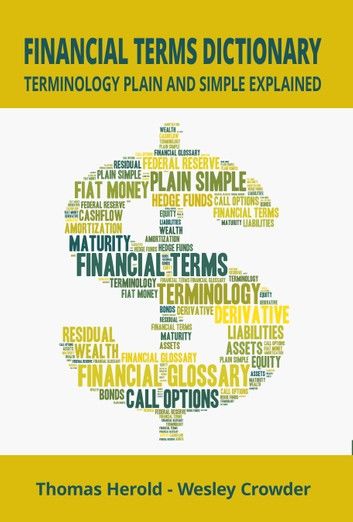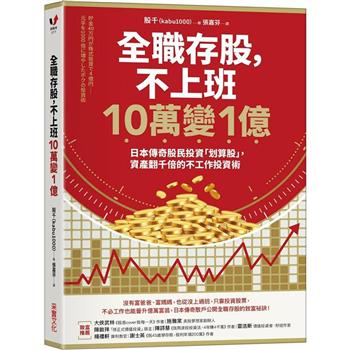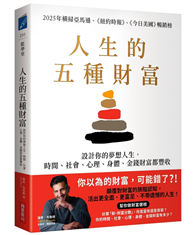| FindBook |
有 1 項符合
Financial Terms Dictionary的圖書 |
 |
Financial Terms Dictionary 作者:Thomas Herold 出版社:Thomas Herold 出版日期:2015-05-05 語言:英文 |
| 圖書館借閱 |
| 國家圖書館 | 全國圖書書目資訊網 | 國立公共資訊圖書館 | 電子書服務平台 | MetaCat 跨館整合查詢 |
| 臺北市立圖書館 | 新北市立圖書館 | 基隆市公共圖書館 | 桃園市立圖書館 | 新竹縣公共圖書館 |
| 苗栗縣立圖書館 | 臺中市立圖書館 | 彰化縣公共圖書館 | 南投縣文化局 | 雲林縣公共圖書館 |
| 嘉義縣圖書館 | 臺南市立圖書館 | 高雄市立圖書館 | 屏東縣公共圖書館 | 宜蘭縣公共圖書館 |
| 花蓮縣文化局 | 臺東縣文化處 |
|
|
Financial Terms Plain and Simple Explained
This practical financial glossary helps you understand and comprehend common financial terms. It was written with an emphasis to quickly grasp the context without using jargon.
It is based on common usage as practiced by financial professionals. Compiled over the last 3 years from questions and feedback to financial articles published by the Wealth Building Course education program.
This book is useful if you are new to business and finance. It also includes most financial terms for investors and entrepreneurs. It also covers the lingo that was introduced in the financial crisis of 2008 until now.
The following is an example term taken from the book to give you an idea about the writing style.
Debasing the Currency
Debasing the currency refers to the all too common historical process of lowering a currency’s actual value. In the past, this phrase commonly came to be associated with commodity money made principally from either silver or gold. Should the sum total of silver, gold, nickel, or copper be reduced, then the physical money is called debased. Even venerable institutions like the Roman Empire, with a thousand year history of growth and stability, have stooped to such debasing of the currency.
Reasons that a government chooses to debase the currency in this way center around the financial benefits that the government is able to reap. These are done at the citizenry’s expense though. Governments that lowered the quantity of gold and silver in their coinage found that they could quietly mint more coins from a given fixed quantity of metal on hand.
The downside to this for the general population centers on the inflation that this in turn causes. Such inflation is yet another benefit for the currency debasing government that then finds that it can pay off government debt or repudiate government bonds easier. The populace’s purchasing power is significantly reduced as a result of this, along with their then lowered standard of living.
Debasing a currency lowers the value of the currency in question. Given enough time and abuse by the governing authorities, this debasing can even lead to a collapse in the existing currency that causes a newer currency or coinage to be created and launched for the nation or state.
In present day times, debasing the currency is accomplished in more subtle means. Since currencies these days are made of only paper, involving no metal, debasing the currency simply involves printing additional paper dollars. With the advent of electronic banking, even this printing press operation is no longer required. The government simply creates money on a computer screen, literally conjuring it out of thin air.
They are able to accomplish this in one of two ways. One way that they do this is via the Federal Reserve, which buys treasury securities by simply crediting the receivers’ bank accounts with electronically created money. The Federal Reserve then has tangible assets in Treasury bills that is it able to trade or sell when it wishes.
Another way that this creation of money that debases the currency is able to be performed is through the Fractional Reserve Banking System. Since the Federal Reserve only requires banks to keep a ten percent reserve ratio of deposits on hand, these banks when they are credited funds from the Federal Reserve are able to loan this new money out in multiples that are equivalent to the leverage created by this ten percent only reserve ratio. In both of these ways, the Federal Reserve is able to create more money quietly and at will. This is how modern day debasing of the currency is effectively accomplished.
|











